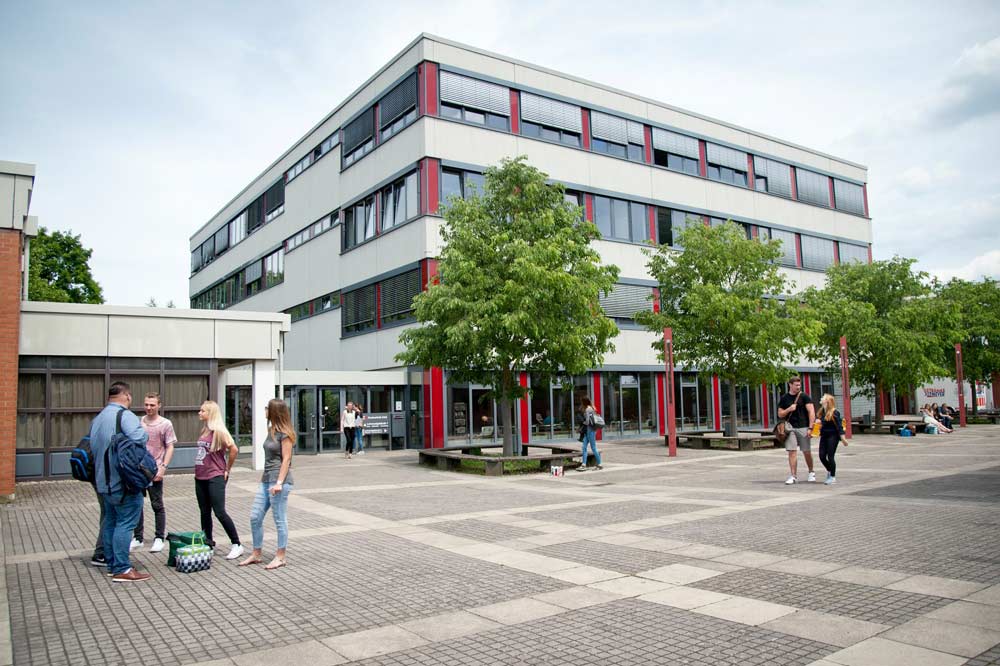 The University of Public Administration in Kehl is one of the most renowned institutions of its kind in Germany. It was founded in 1971 and enlarged in the 1980s. Currently, the University employs 42 full-time professors and approximately 250 visiting lecturers.
The University of Public Administration in Kehl is one of the most renowned institutions of its kind in Germany. It was founded in 1971 and enlarged in the 1980s. Currently, the University employs 42 full-time professors and approximately 250 visiting lecturers.
Training the next generation for the public service
One of Kehl University’s priorities is to prepare its students for careers in public service. This means training students for positions at the management level in German public service, whether in state agencies and departments, in municipalities, in counties or in other public corporations, institutions and foundations subject to state supervision. The University cooperates closely with Ludwigsburg University of Public Administration and Finance. The graduates often take on management positions immediately after having finished the program, especially in smaller municipalities. Many mayors have completed his training for the management level in German public service, which also plays such an important role in larger municipalities and in the state administrative offices that one speaks here of the ‘backbone’ of administration.
Training staff of local and regional authorities
The second key task is to offer new training services for the staff of local and regional authorities. Associated with the university are the Kehl Academy for Advanced Training and the Euro-Institut Kehl-Strasbourg, which mainly trains public administration staff from France, Germany and Switzerland. Applied research is a key part conducted at the University’s Institute of Applied Research. It offers ENTO members, the Council of Europe and the European Union; the organization of international seminars and the summer school, expert missions, and cooperation in project research.
International partnerships
The University is twinned with various public and private institutions all over the world. The main activities resulting from this active partnership are exchanges of teachers and students, joint seminars and workshops, study visits and cooperative development of curriculum teaching materials. Training, organizational and staff development and project consulting are implemented at local, regional, national and European level.
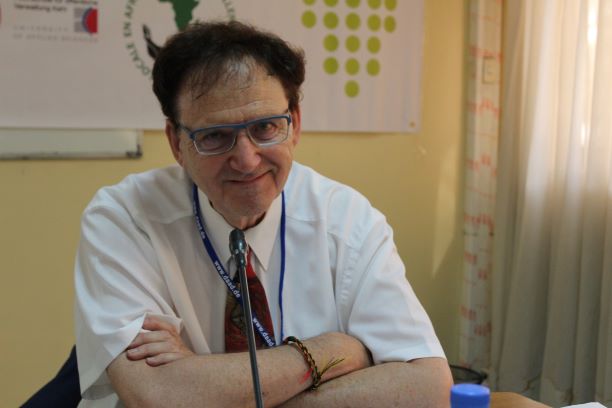
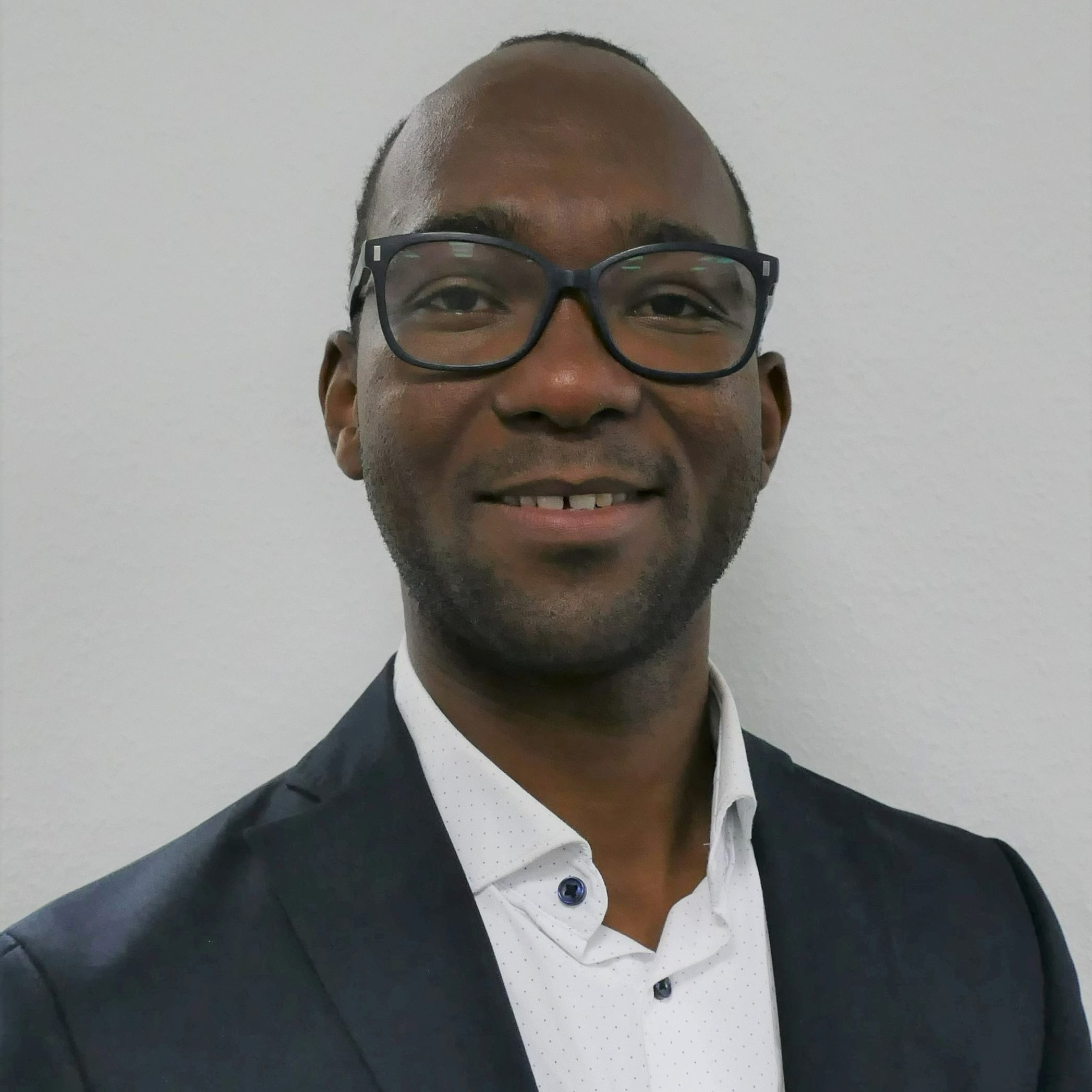
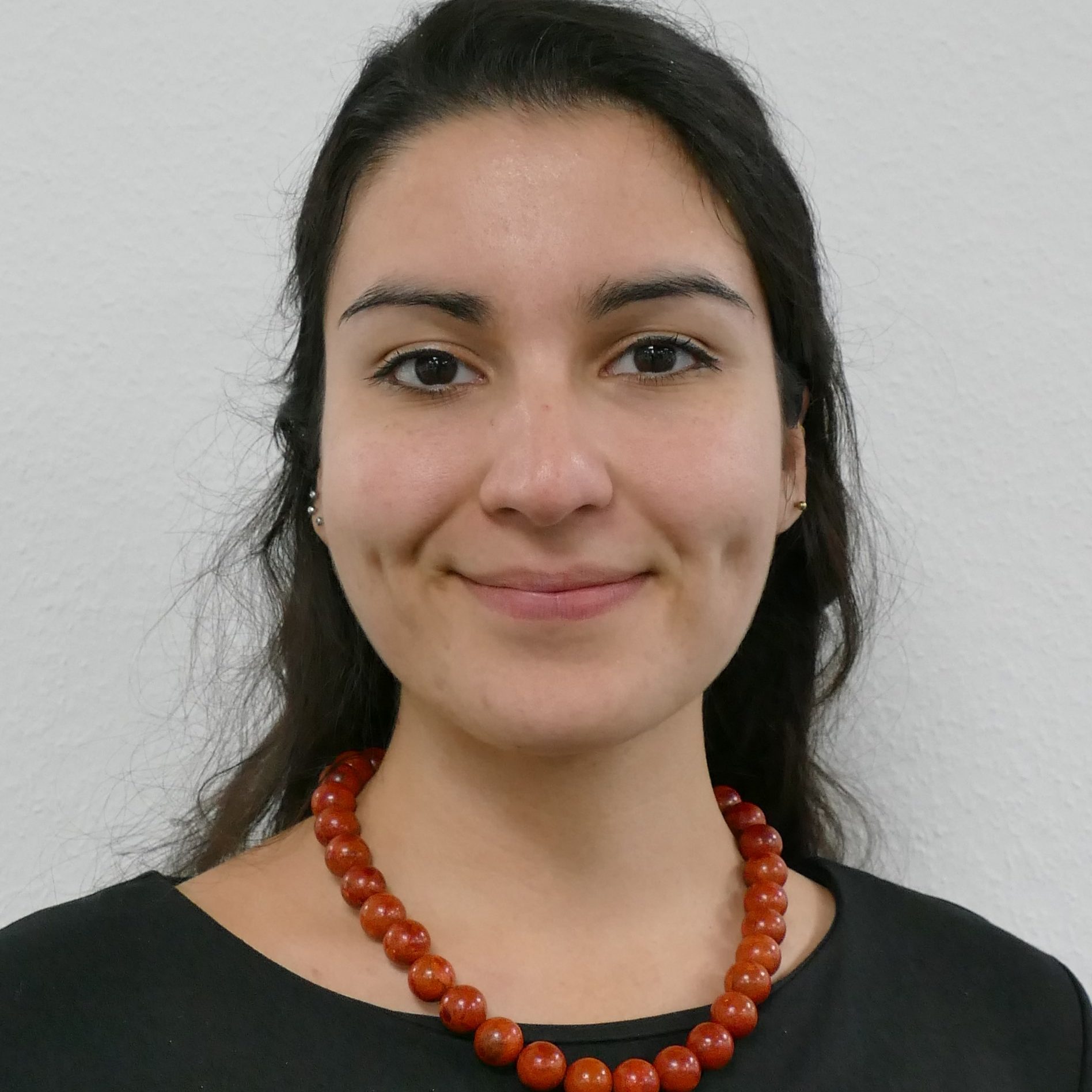
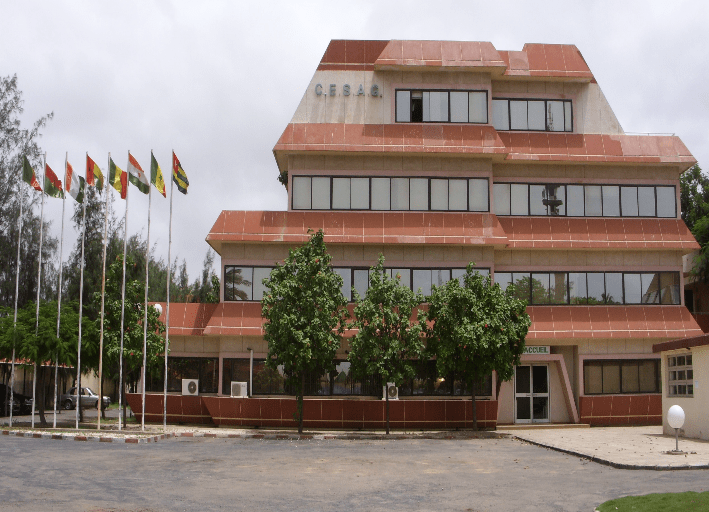 CESAG is a Public Establishment for International specialized training, consulting and management research. Created in 1985, it quickly rose to the rank of the best management schools in Africa and today constitutes a real alternative to the great management schools of the North.
CESAG is a Public Establishment for International specialized training, consulting and management research. Created in 1985, it quickly rose to the rank of the best management schools in Africa and today constitutes a real alternative to the great management schools of the North.
CESAG’s mission is to contribute to regional integration through training, consultation and research in management, for the sustainable development of Africa. In order to meet this mission, CESAG has embarked on a process of strategic repositioning with a performance contract, to make it a higher education and research establishment of international stature. To do this, the Center has adopted a new vision, new organizational values and a revisited educational offer adapted to the trends of the international market. These perspectives are supported by performance levers centered on good governance, Quality Assurance and Results Based Management (RBM).
As a vision, CESAG aims to be “The African management school, of world reference, accessible to all social strata, integrated into a network of prestigious institutions, led by a competent and committed team, which uses a cutting-edge technology in a peaceful working environment where transparency and fairness reign, to provide the continent with a professional elite of managers.


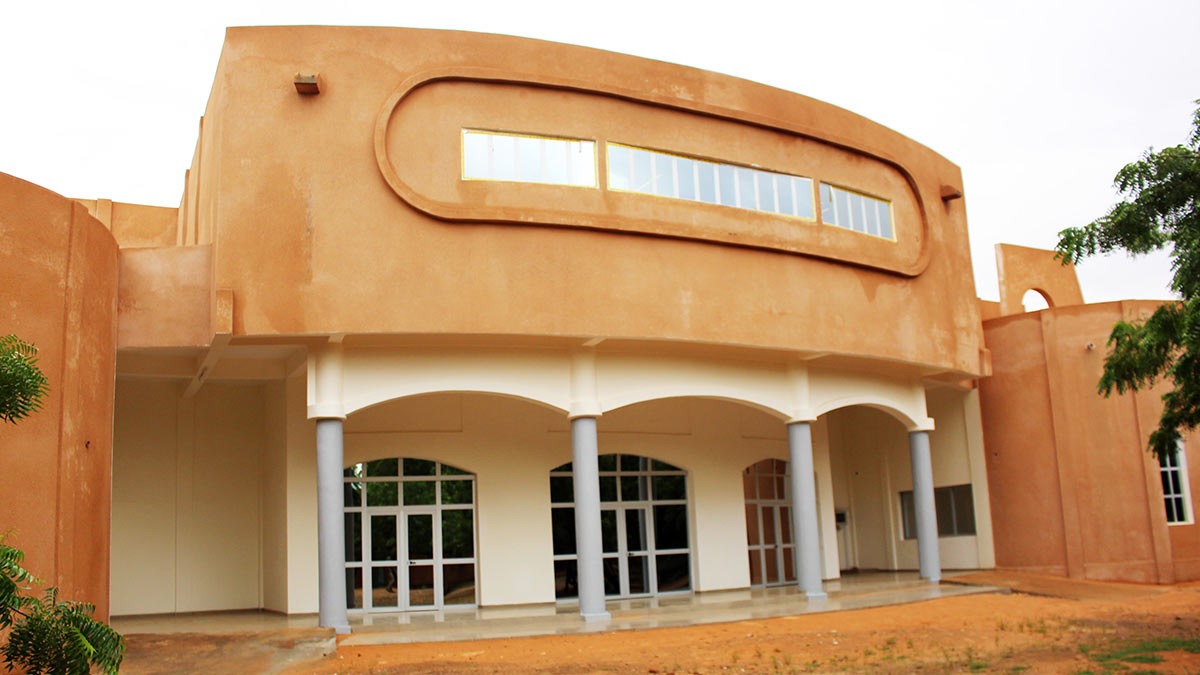 Established in 1971, the Niamey Higher Education Centre became the University of Niamey in 1973, and took the name of Université Abdou-Moumouni in 1992. The current name of the university is a tribute to Abdou Moumouni, professor of physics, rector of the establishment between 1979 and 1983. UAM is made up of five faculties, three research institutes, three university institutes of technology and one school.
Established in 1971, the Niamey Higher Education Centre became the University of Niamey in 1973, and took the name of Université Abdou-Moumouni in 1992. The current name of the university is a tribute to Abdou Moumouni, professor of physics, rector of the establishment between 1979 and 1983. UAM is made up of five faculties, three research institutes, three university institutes of technology and one school.
Abdou Moumouni University Niamey Rive droite / Harobanda 10896 Niamey; Tél: +227 90 36 09 40
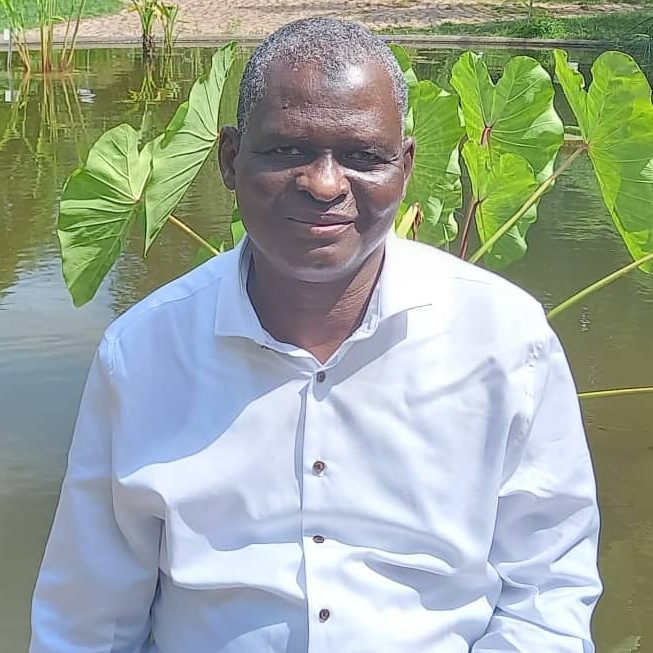

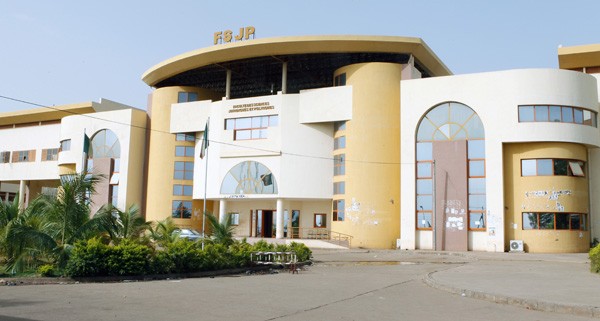 The University of Legal and Political Sciences of Bamako (USJPB) is a public institution which was created by order No. 022 / PRM of September 28, 2011 following the split of the University of Bamako into four distinct entities.
The University of Legal and Political Sciences of Bamako (USJPB) is a public institution which was created by order No. 022 / PRM of September 28, 2011 following the split of the University of Bamako into four distinct entities.
University of Law and Political Sciences of Bamako Cité Universitaire de Badalabougou B.P.E: 2528 Bamako Tél: (223) 20 22 19 33 www.usjpb.edu.ml E-mail: univ@usjpb.edu.ml
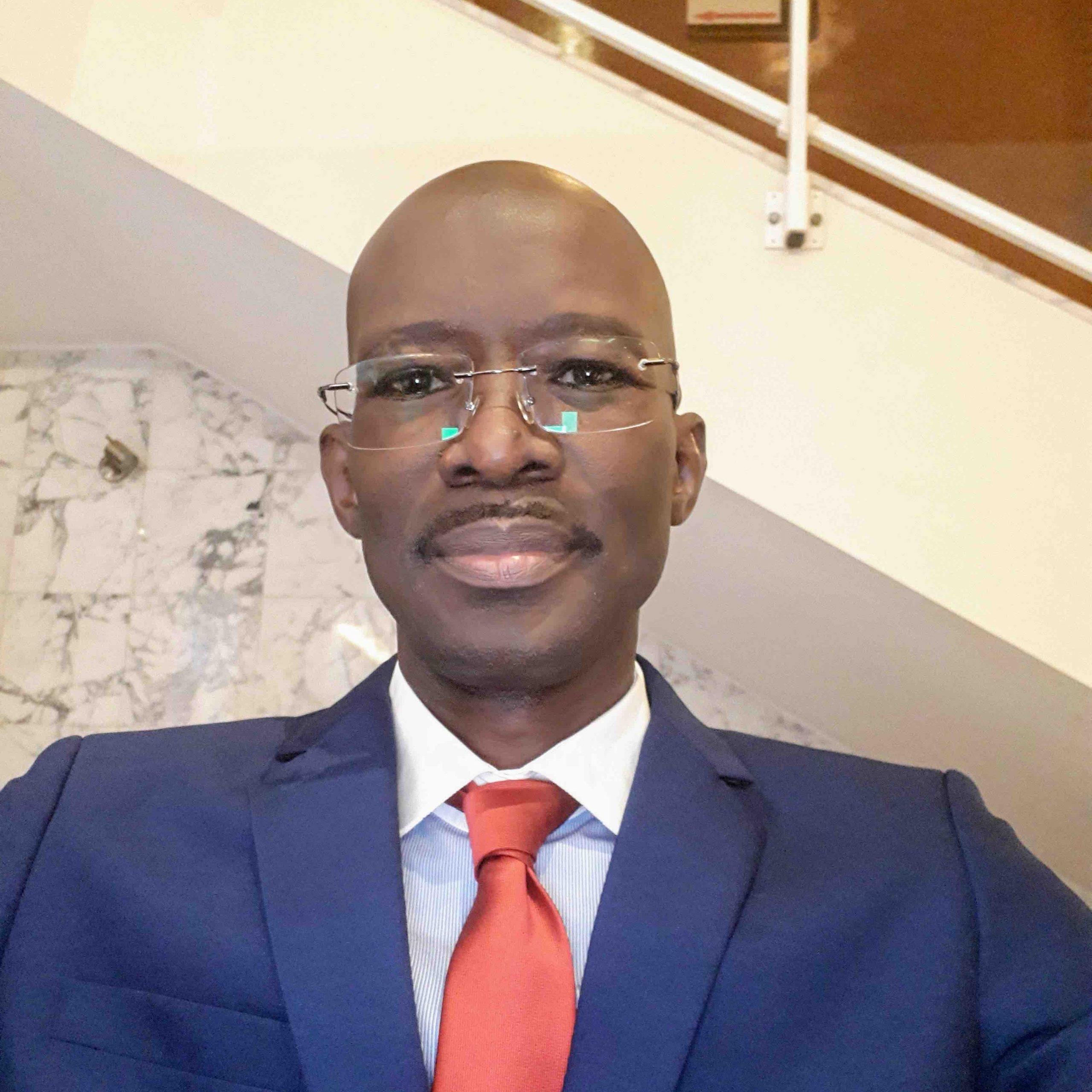
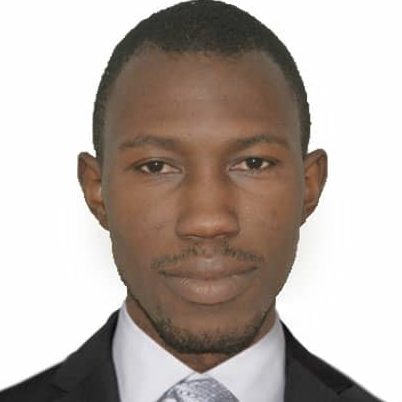
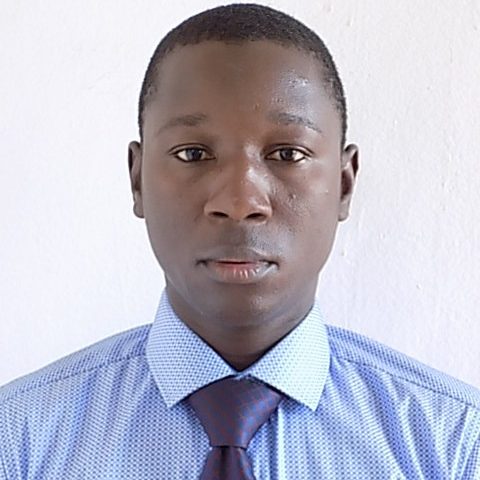
LASDEL is a laboratory of social science research situated in Niger and Bamako, conducting qualitative studies to empirical basis (socio-anthropological field surveys), according to international quality standards, founded in 2001 in Niamey (Niger) and extended in 2004 in Parakou (Benin).
It currently brings together, out of the total of the two sites, twenty-six African researchers; eleven hold a doctorate (of which 2 are authorized to supervise theses). All the others hold at least a Diploma of Advanced Studies (DEA) or Masters, and in the course of a doctorate. It has an international scientific council of eight members, and has signed partnership agreements with the following institutions:
LASDEL collaborates within the framework of its research programmes in Niger, Mali, Burkina Faso, Ghana and Benin. Furthermore, it cooperates with many researchers and research institutions all along Africa such as the ISH in Mali, the University of Legon in Ghana, Ace-Recit in Burkina Faso, and elsewhere (with the University of Roskilde, Denmark, the University of Mainz, Germany, the University of Uppsala, Sweden, the EHESS and IRD, France, the University of Geneva, Switzerland, the University of Louvain-La-Neuve, Belgium, the ODI, United Kingdom and the University of Florida, USA).
Laboratoire d‘Etudes et de Recherche sur les Dynamiques Sociales et le Développement Local BP: 12901 Niamey Tél (227) 20 72 37 80 http://www.lasdel.net/
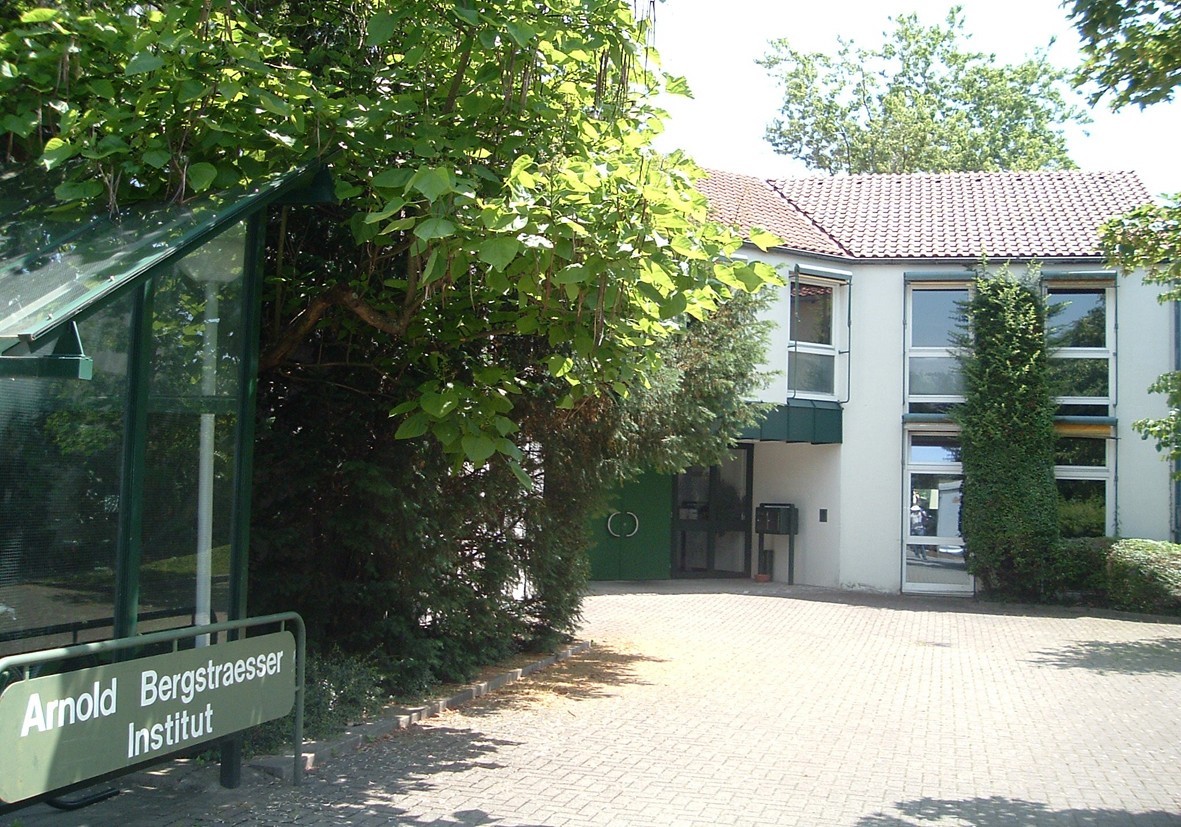 Arnold Bergstraesser Institute (ABI) is one of the most important research institutes in Germany in the field of comparative regional research. As an independent, non-profit research institution, it is affiliated with the University of Friborg. The institute was founded in 1960 by the professor of political science and sociology of the University of Friborg, Arnold Bergstraesser.
Arnold Bergstraesser Institute (ABI) is one of the most important research institutes in Germany in the field of comparative regional research. As an independent, non-profit research institution, it is affiliated with the University of Friborg. The institute was founded in 1960 by the professor of political science and sociology of the University of Friborg, Arnold Bergstraesser.
In addition to the conference rooms, the independent building offers office space for visiting scientists. The institute receives its core funding from the state of Baden-Württemberg. Additional funds from third parties are collected through scientific institutions and development organizations. The scientific objective of the institute is the transformation of power, state structures and social conflicts in Africa, Asia, Latin America and the Middle East.
The main areas of research are:
The institute stands out for its comparative and interdisciplinary approach as well as its mix of methods. Field research, in-depth regional expertise and regional contexts are central concerns. The ABI library specializes in political, social and cultural changes in Africa, Asia, Latin America and the Middle East. With a stock of 85,000 monographs and 150 journals, it constitutes one of the most important collections in the field of regional development and research in Germany.
Arnold-Bergstraesser-Institut für kulturwissenschaftliche Forschung Windausstraße 16 79110 Freiburg im Breisgau Tel.: 0761 / 888 78 0 https://www.arnold-bergstraesser.de/ E-Mail: info.abi@abi.uni-freiburg.de


DIGI-FACE – Digital Initative for African Centres of Excellence represented by:
University of Applied Sciences Kehl
Kehl Institute of Applied Research (KIAF)
Projects International Cooperation and Development
Kinzigallee 1, D- 77694 Kehl
+49 7851 894143
https://www.hs-kehl.de/
Contact: digiface[at]hs-kehl.de
Developed by Viewport / WordPress Guys
Opt-out complete; your visits to this website will not be recorded by the Web Analytics tool. Note that if you clear your cookies, delete the opt-out cookie, or if you change computers or Web browsers, you will need to perform the opt-out procedure again.
You may choose to prevent this website from aggregating and analyzing the actions you take here. Doing so will protect your privacy, but will also prevent the owner from learning from your actions and creating a better experience for you and other users.
The tracking opt-out feature requires cookies to be enabled.
Not sure which status you have? Have a look at the list below to identify the right role for your profile.
| Cookie | Duration | Description |
|---|---|---|
| cookielawinfo-checbox-analytics | 7 days | This cookie is set by GDPR Cookie Consent plugin. The cookie is used to store the user consent for the cookies in the category "Analytics". |
| cookielawinfo-checbox-functional | 7 days | The cookie is set by GDPR cookie consent to record the user consent for the cookies in the category "Functional". |
| cookielawinfo-checbox-others | 7 days | This cookie is set by GDPR Cookie Consent plugin. The cookie is used to store the user consent for the cookies in the category "Other. |
| cookielawinfo-checkbox-necessary | 7 days | This cookie is set by GDPR Cookie Consent plugin. The cookies is used to store the user consent for the cookies in the category "Necessary". |
| cookielawinfo-checkbox-performance | 7 days | This cookie is set by GDPR Cookie Consent plugin. The cookie is used to store the user consent for the cookies in the category "Performance". |
| viewed_cookie_policy | 7 days | The cookie is set by the GDPR Cookie Consent plugin and is used to store whether or not user has consented to the use of cookies. It does not store any personal data. |
